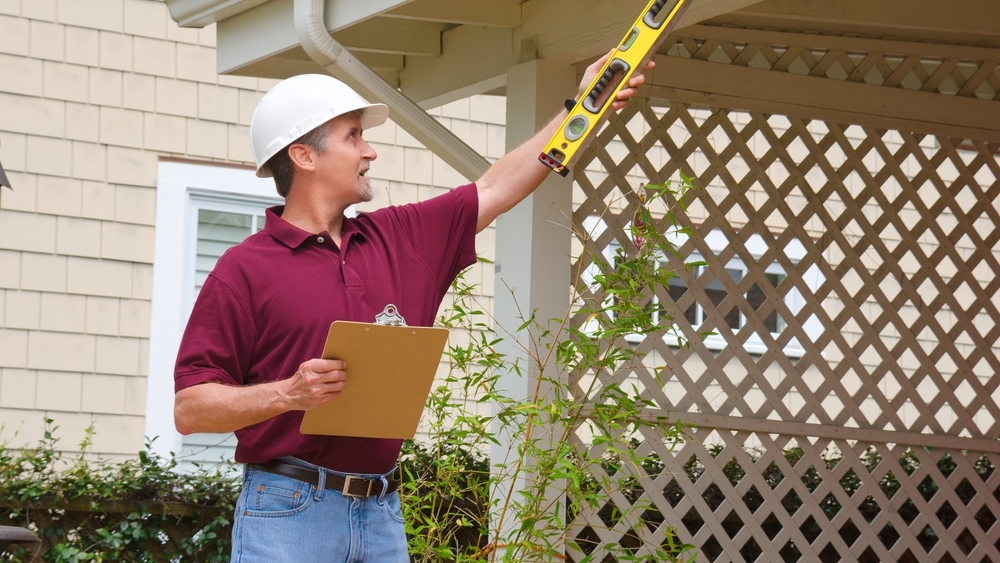You’ve found a house you love, made an offer and have a signed contract in hand. Now the clock is ticking. Many states’ sales contracts give a limited period of time to get the house inspected. During this so-called “due diligence period,” is when you want to inspect the house and request anything you want repaired — or ask for money toward necessary repairs. Be prepared to start the inspections as quickly as possible.
Get a condition disclosure report. In many states, sellers are required to provide a comprehensive residential property disclosure on a form approved by the real estate commission. Provide the document to the certified inspector you hire and discuss any concerns you have with the disclosure. The inspector will use this report as a starting point in the review of the property.
Top-to-bottom inspection. The inspector will do a comprehensive evaluation of the house, examining all systems and structures. This means an inspection of the roof, foundation, walls, mechanical functions, appliances that are staying with the house, insulation, windows, doors and more. The inspector will not do a mechanical diagnostic on the heating and air conditioning, but will note whether it is functioning and will measure the temperature blowing from vents. For a more in-depth inspection of this and other systems, you will need to hire specialists.
As the buyer, you and your real estate agent can negotiate for repairs that you wish to be completed before closing, or you can negotiate for a price concession to complete the work afterward. There may be some items that your mortgage lender may want fixed before they will approve the mortgage on the property.
Pest inspection. The general inspector will note if he sees any evidence of “wood-destroying insects,” such as termites, but it will take a pest specialist to look more closely for evidence of active infestation and damage. The mortgage company may require this inspection.
Lead and asbestos. If you are purchasing an older home, the paint may contain lead and the insulation, ceilings or wall board may contain asbestos. Lead plumbing is another concern in older homes. If you have any concerns or suspicions, talk to the general home inspector and follow up with experts in those fields.
Radon. Some areas of the country have above-average levels of the radioactive gas called radon. You can go to www.radon.com/maps and see how your area stacks up. Discuss with your agent the need to have a radon inspection.
Pool, well and septic systems. General inspectors will look at these systems and note if a problem exists. For a more in-depth look, which is recommended, you’ll need to hire specialists.
Flood zone. The mortgage company will certainly be aware if the house is in a flood zone. You can do some research yourself by going to https://msc.fema.gov/portal. If the house is in a flood zone, special flood insurance is required by the mortgage company.
Survey. Your mortgage company will want to see the current survey, then have a surveyor walk the property, checking the boundaries and looking for any encroachments by neighbors, or easements by utility companies.
You may not need all these specialized inspections, but with such a short window of time to get them scheduled, their reports evaluated and any deficiencies decided upon, you must act decisively.


